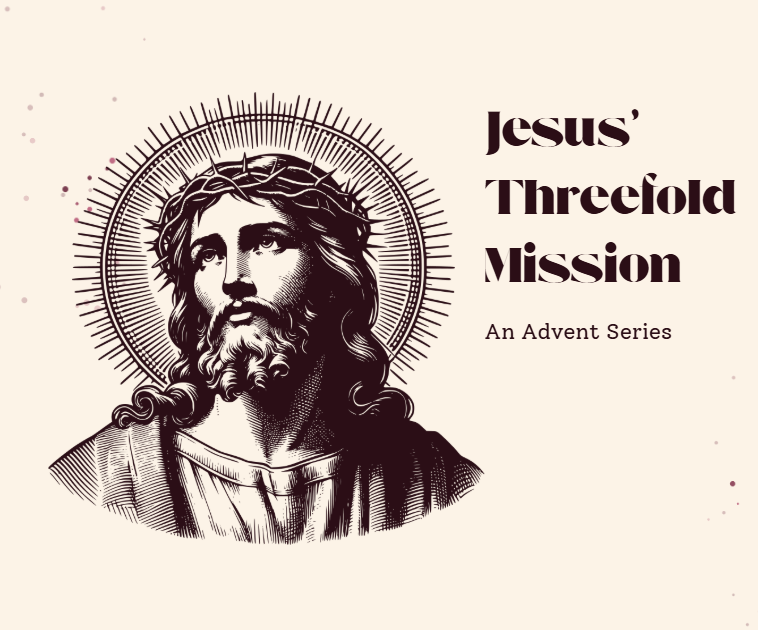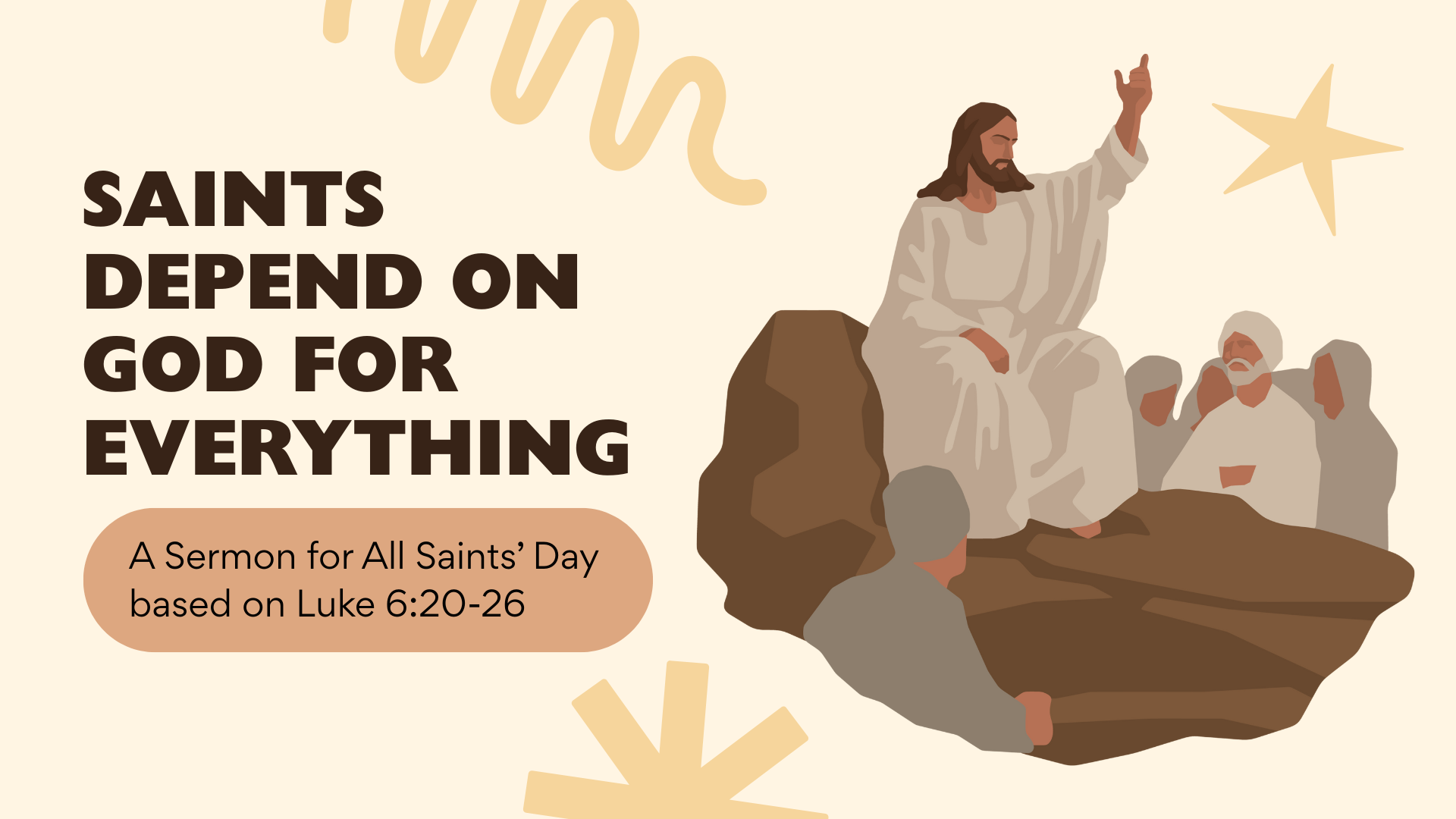Why Do We Say That? – “Alleluia / Hallelujah”

In 1741, an Englishman named George Frideric Handel composed a piece called Messiah. If you are someone who doesn’t like repetition, then as you hit “play” to listen to Handel’s Messiah, you better brace yourself. Get ready to hear the same word about fifty times in the same song. You should be ready to hear “Hallelujah” (alternatively spelled “alleluia”) fifty whole times.
So what does it mean? As you listen to that Hallelujah Chorus in Handel’s Messiah, or as your classmate aces a test and as she’s running to give you a hug she screams, “Hallelujah! I got an A!” It surely is a good thing, but what does it mean?
We get Alleluia from the Hebrew of the Old Testament. Allelu is a command to a group of people: “Praise!” Ya is a shortened way to refer to the Lord. Allelu + ya, then, means “Praise the Lord!”
We can find “alleluia” in a place like Psalm 150:
1 Praise the Lord.
Praise God in his sanctuary;
praise him in his mighty heavens.
2 Praise him for his acts of power;
praise him for his surpassing greatness.
3 Praise him with the sounding of the trumpet,
praise him with the harp and lyre,
4 praise him with timbrel and dancing,
praise him with the strings and pipe,
5 praise him with the clash of cymbals,
praise him with resounding cymbals.
6 Let everything that has breath praise the Lord.
Praise the Lord. (Psalm 105)
In Hebrew, this psalm begins and ends with “alleluia!” And the psalmist is commanding: Praise the Lord, everybody! For what? For his acts of power, for his greatness. Praise God for being God!
Why? Does God need our praise? When my three-year-old son puts a banana peel in the garbage, just like I asked him to, I praise him! “Good job, son!” It’s important that I do that, so that he knows what he did was a good thing. He knows that I love him, and approve of the choice he just made.
Is that the kind of praise God needs? No. God does not need you to tell him he did a good job. God does not need your approval in order to have self-esteem. He’s God, and he can get along pretty well without your praise. However, what if praising God is actually good for us? Take Psalm 150 again. When we praise God like the psalmist says, we remember his acts of power and his surpassing greatness. Musicians grab an instrument and strum away to make beautiful music to God. As we praise God, our hearts focus on who he is and what he has done. As we follow the command to praise God, we are actually the ones that benefit! All your problems are put into perspective when you remember that God in charge. All of your guilt is swallowed up by remembering God’s great forgiveness in Christ. All your weakness and worries are enveloped in the unending strength and care God has for you. As you praise God, you are calling to mind all he does for you. He created you. He forgives your sins in Jesus. He’s prepared heaven for you. Praise the Lord!
Did you know that during the church season of Lent, we take a break from saying “alleluia”? Why do you think that is? Lent is a more somber time of reflection. We reflect on our sins and need for salvation so that when Easter comes we can celebrate with even greater joy the resurrection victory of Christ. So we take away the alleluias for a bit to help us meditate. However, that doesn’t mean we stop praising the Lord. The Bible says to us:
…In view of God’s mercy, offer your bodies as a living sacrifice, holy and pleasing to God—this is your true and proper worship. (Romans 12:1)
We are encouraged to offer up our whole lives as one big worship song to God. Whether we’re happy or sad; singing and dancing, or quietly reflecting; smiling or crying – we worship God – that means, we focus our hearts on him and his greatness. And we’re the ones that benefit from doing that.
That’s what we do every worship service at Trinity, in songs, lessons, prayers, and sermons. We’d love it if you’d come praise the Lord with us. Till then, God bless you.
Watch the video:







